Are you interested in learning about different cultures and their histories? Here are the ethnology museums to visit in Portugal:
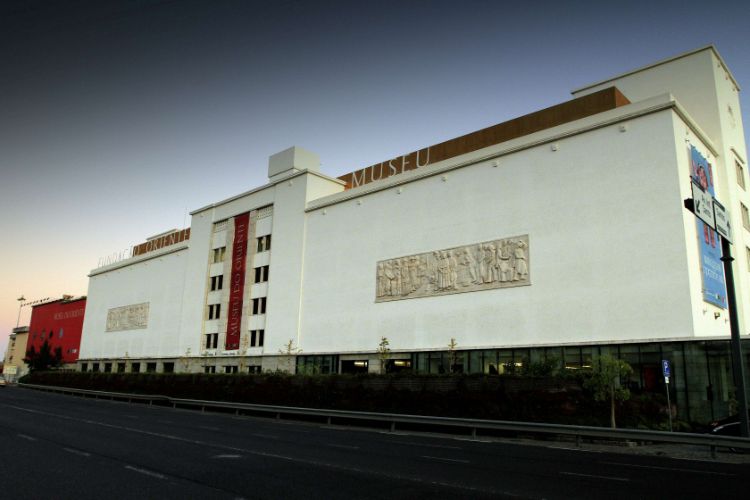
Museum of the Orient
LisbonWhat used to be an industrial building is now Museu do Oriente (Museum of the Orient). Opened in 2008, this Museum of the Orient houses an extensive collection of items from various parts of Asia, including Turkey, Japan, China and India. Its exhibitions show the connection between distant cultures,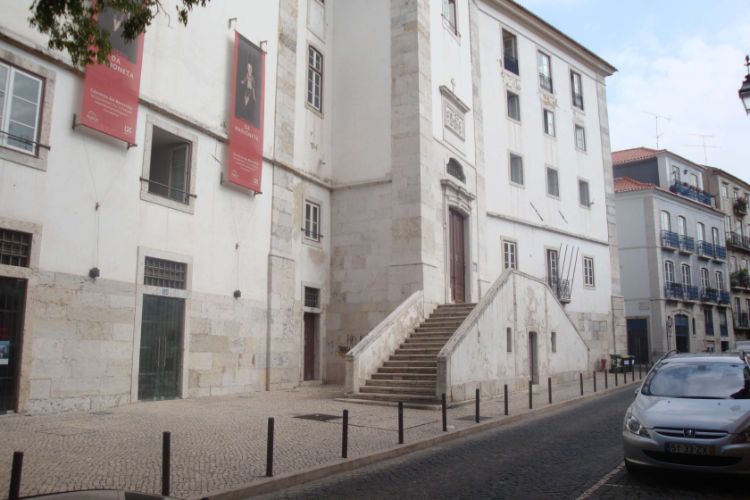
Museu da Marioneta
LisbonVisitors can discover the history of puppetry in Museu da Marioneta. Puppets in its collection come from all over the world and they not only display the evolution of this craft, but also demonstrate different theatrical forms and approaches. A special emphasis is laid on local puppetry. The museum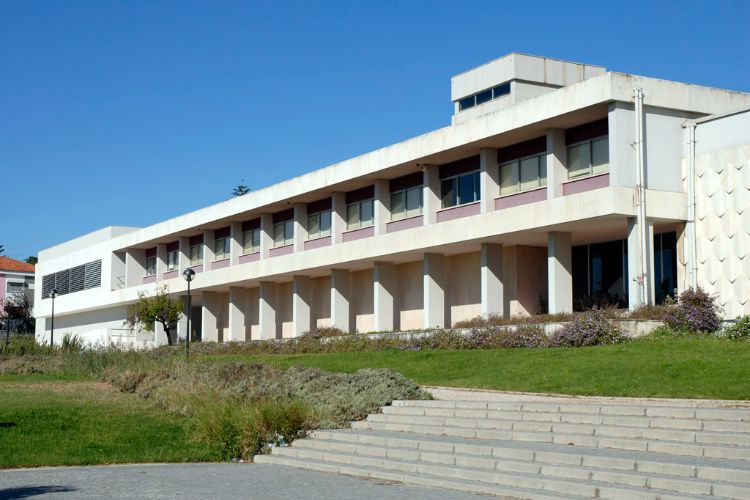
National Museum of Ethnology
LisbonThe National Museum of Ethnology (Museu Nacional de Etnologia) is an ethnology museum in Lisbon that holds a collection dedicated to the ethnographic heritage of Portugal. The collection consists of two sub collections. The first assembled by the National Museum of Ethnology from the museum's launch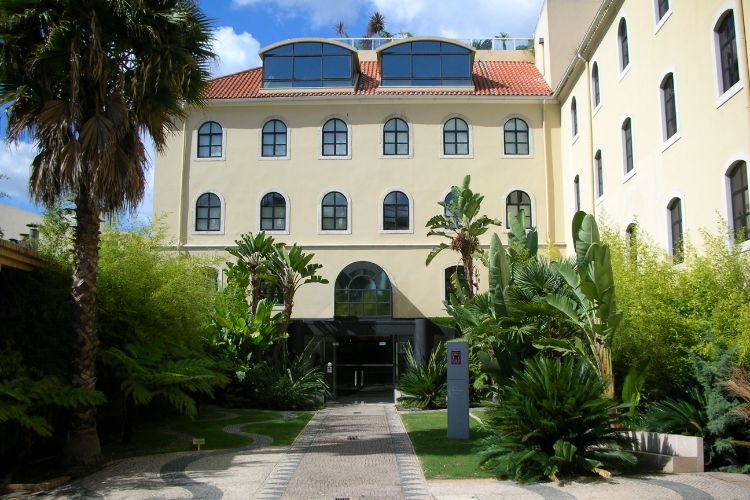
Museu de Macau
LisbonThe CCCM Museum presents some results and research from the Scientific and Cultural Center related to it (the Macau Science and Culture Centre), on the history of Portuguese-Chinese relations and the history of Macao. The museum hosts exhibitions presenting the history of Macau on the ground floor a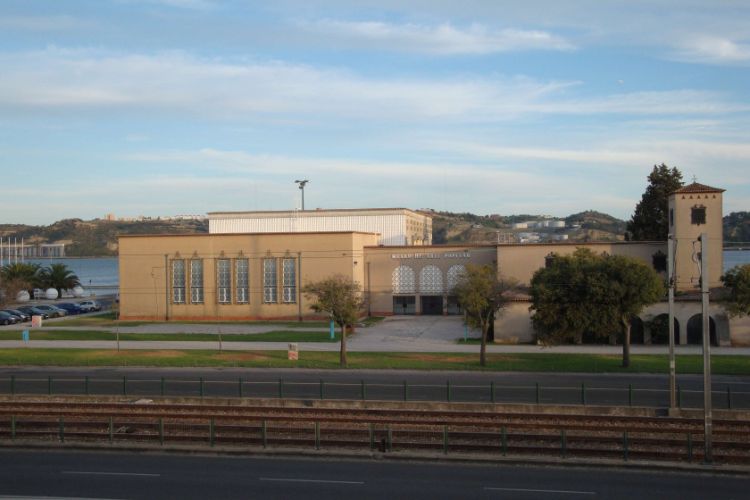
Museu de Arte Popular
LisbonMuseu de Arte Popular (The Popular Art Museum) is a museum in Lisbon located next to the Tagus River. The rooms of the Museu de Arte Popular recreate the various regions of Portugal and were designed to display local folk art.